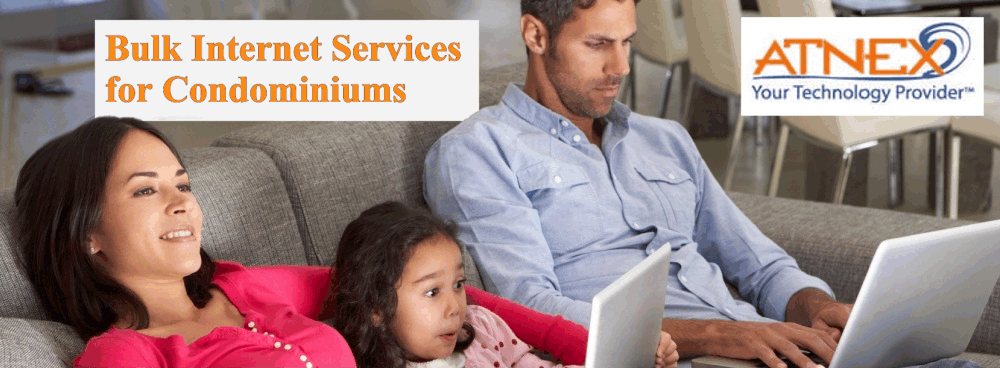Navigating the Intricate Protection Landscape of Virtual Processing in Multi-Dwelling Residences
Navigating the Intricate Protection Landscape of Virtual Processing in Multi-Dwelling Residences
Blog Article
Cloud computing has become an integral part of our everyday lives, particularly in multi-residential units like flat buildings and condo complexes. These settings often have many tenants sharing the same online connection and virtual resources. While cloud computing provides many advantages, such as easy access to information and software, it also introduces unique safety challenges. Understanding these challenges is vital for residents and property managers to guarantee that their information stays safe and protected.
One of the main concerns in multi-dwelling units is the threat of illicit access to sensitive information. When numerous users share the same network, it can be easier for hackers to infiltrate the system. This is especially true if the system is not adequately secured. Residents should be cognizant of the significance of using robust passwords and enabling two-factor verification whenever feasible. Property managers can also assist by making sure that the building's Wi-Fi network is secured with encryption and frequently updated security protocols.
Another major issue is information privacy. In a shared environment, personal information can be more vulnerable to attacks. For instance, if one resident's device is compromised, it could potentially expose the information of others on the same network. To reduce this threat, residents should be cautious about the information they share online and be aware of the applications they use. Additionally, property managers can establish policies that promote safe online practices among residents, such as frequent workshops on online security awareness.
Cloud service providers also play a crucial role in ensuring security in shared units. These companies are accountable for safeguarding the data stored in their systems. It is essential for residents and property managers to choose reputable providers that prioritize safety measures, such as information encryption and routine security audits. By choosing trustworthy cloud solutions, users can reduce the threat of information breaches and ensure that their information is managed with caution.
Finally, continuous education about cloud security is essential for all parties involved. As technology evolves, so do the tactics used by hackers. Frequent training sessions and updates on the latest security practices view can help residents and property managers stay informed. By fostering a culture of safety awareness, multi-dwelling units can create a more secure digital environment for all tenants. In conclusion, while cloud computing provides many advantages, it is essential to navigate its intricate safety landscape diligently to safeguard personal information and ensure a secure living space.